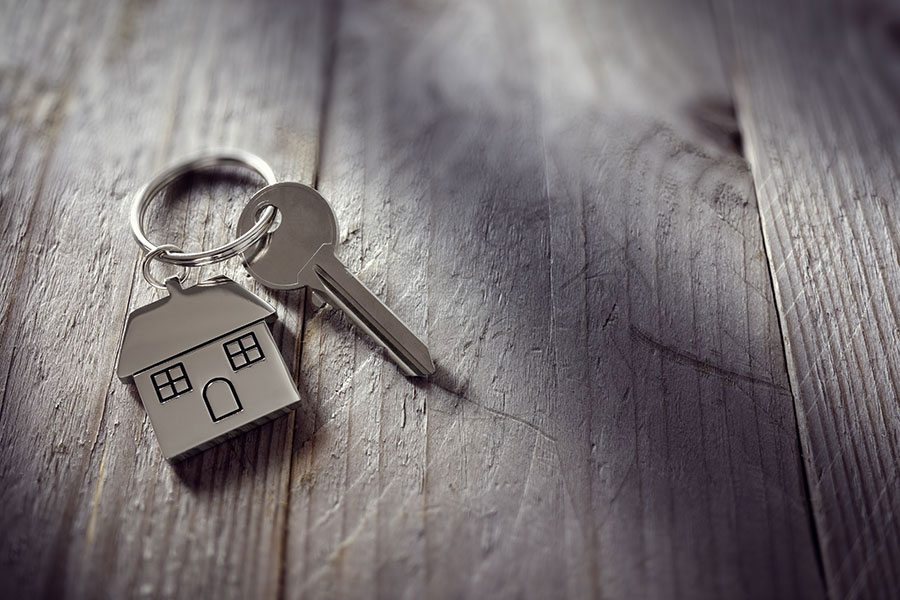The housing market is never far away from the headlines, and much of the focus seems to be on the price tag placed on bricks and mortar. The rise and fall of house prices impacts upon different people in different ways: as the cost shoots up, the first rung on the housing ladder gets further and further away for would-be buyers while plummeting prices leave homeowners counting the cost as their prized asset falls in value.
In recent times, it’s been more about rises than falls. We’re now in a position in which house prices are as much as 17 times the average salary in some parts of the UK, with the average person needing to borrow six times as much as their annual salary to be able to afford to buy their first home.
Clearly this is a great cause of stress and worry – particularly among young people who feel that houses are increasingly drifting out of their reach. Indeed, about half of 18-34 year olds rank house buying and selling as one of their top three concerns. But, you may be forgiven for thinking that the stress ends there. Once you’ve cobbled together the cash to get your own place you can breathe a sigh of relief and reflect on your new-found status as a homeowner right?
Well, maybe not. We Buy Any Home has commissioned a survey of homeowners, which highlights more of the stresses that are associated with the housing market.

It found that 83 per cent of people feel that buying and selling houses is either very or quite stressful. That puts it above taking a driving test, starting a new job, organising a wedding and childbirth as the most stressful life event that the majority of us face. Indeed, with the average Brit moving house eight times, that’s a lot of stressful moments to contend with. Take a look at 5 tips for making your house move less stressful to try and reduce this stress as much as possible.
The survey also showed that almost half of all homeowners – 46.7 per cent – say they feel stressed at least once a week. That figure is even higher among women, with more than half (52 per cent) feeling stressed on one or more occasion every week and 78.2 per cent of women suffering from stress at least once every month.
There’s a really serious dimension to this. NHS data shows that people suffering from mental health problems are more like to have issues with poor housing. The Guardian reported this alongside data from Shelter and YouGov, which showed that 33 per cent of people say that housing costs are causing stress and depression in their family (the equivalent of 15 million people across the UK). A quarter of people also say that paying the rent or mortgage keeps them awake at night. The current state of the housing market is, therefore, contributing to serious issues when it comes our mental health.
Selling a house and moving on might seem exciting, but this also means having to abandon a home that might hold fond memories over many years, which is also a situation that can cause concerns. We Buy Any Home found that 43 per cent of sellers found that the wait involved in selling a house caused them the most stress. While sale times did improve last year, sellers are still having to put their lives on hold for an average of up to ten weeks and sometimes much, much longer. For 17 per cent, the intrusion of having people looking around their home causes the most worry.
The uncertainty caused by long waits – whether that’s to save for a deposit or until a buyer comes forward – is one thing, but the housing market also puts us in touch with two of our least favoured professions. In terms of the survey, 31 per cent said dealing with solicitors is the worst part of moving house, while 22 per cent felt interacting with estate agents topped their list of bugbears. Many of us dread having to deal with these people and the string of phone calls on lunch breaks and paperwork they create.

The stress surrounding property isn’t just a London thing, either. The capital’s over-heated property market is well-documented, but this study showed that people in Norwich and Bristol are even more stressed about housing than Londoners. In the case of the latter, that’s probably no surprise given that prices rose faster in Bristol than in any other city in the UK in 2016.
The survey also shows us two more key things when it comes to the housing market. Firstly, the fast-paced nature of price growth in recent years means that many people who are currently on the housing ladder would have struggled to be able to buy now. Almost one in five homeowners – 19.1 per cent – say that they would ‘never’ be able to afford a ten per cent deposit on a house now. Only 28 per cent of homeowners said they would be able to afford this right away, and just 13.1 per of 16-24s would have the available funds.
Finally, perhaps unsurprisingly given everything we’ve seen above, the study showed that 41.2 per cent of people have seriously considered selling up and moving abroad. That figure gets even higher among younger people – with more than two thirds of 16-24 year olds thinking about jetting off for a new life overseas. Not surprising when you consider what the average UK house price can buy you around the world.
Our homes are supposed to be the place we go to ‘get away from it all’; something of a safe haven. There’s a cruel irony in that buying yourself a home in which to feel happy, relaxed and safe, you’ll feel such stress and worry before, during and after you’ve bought it.